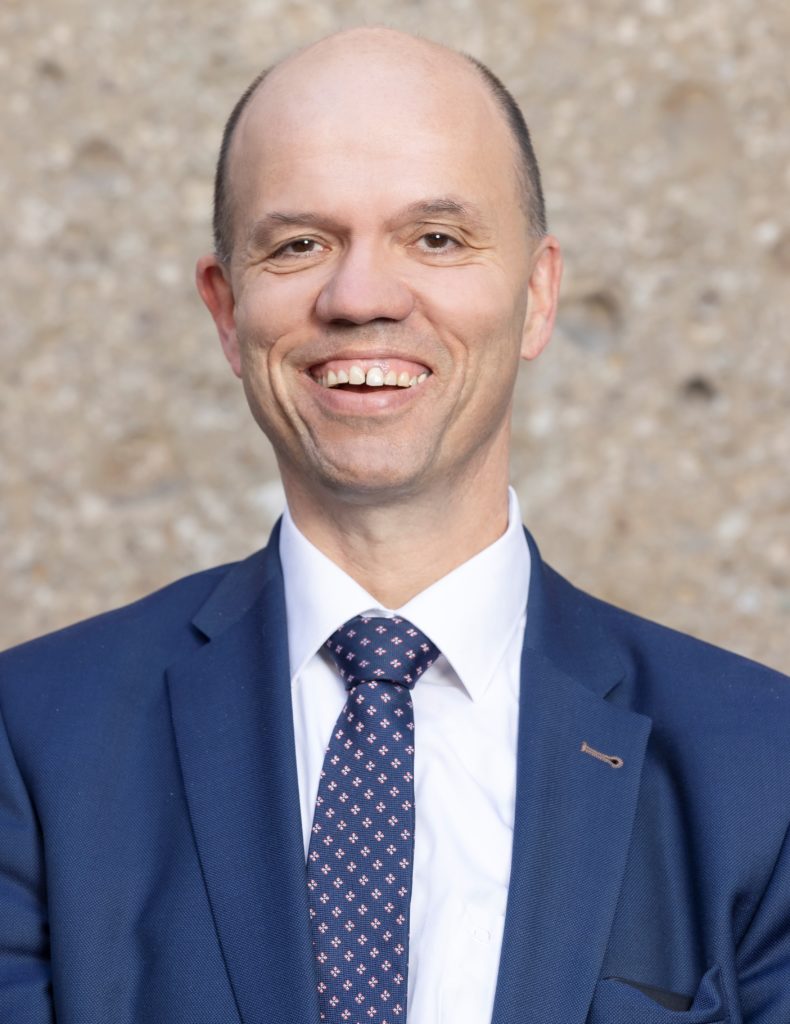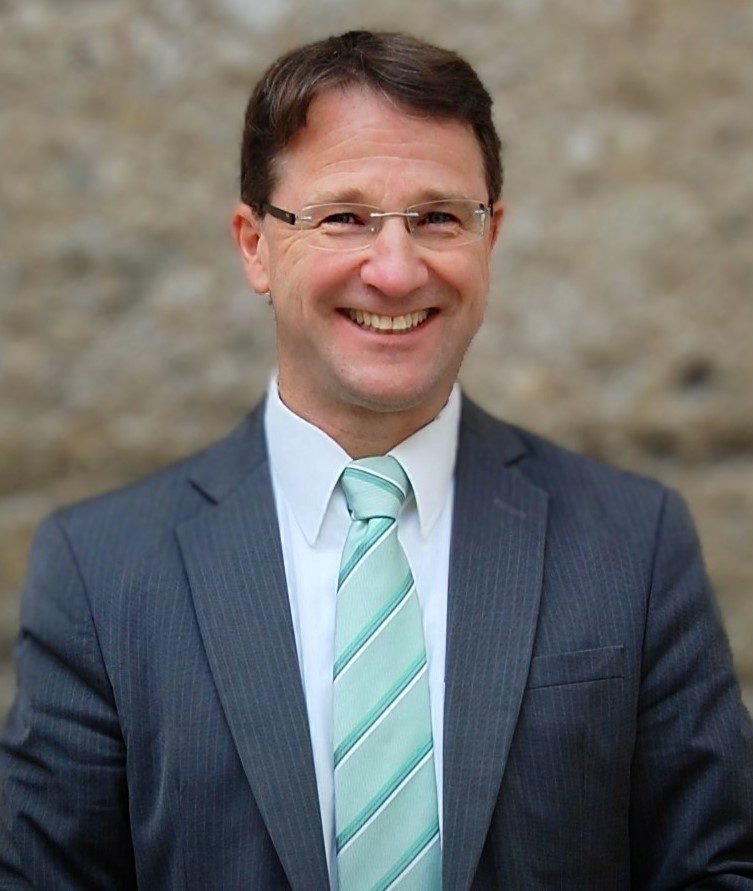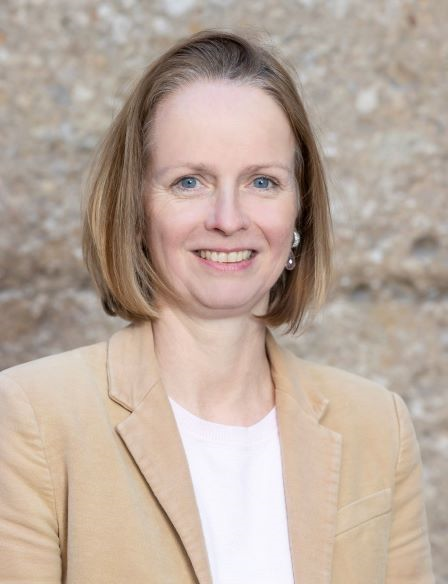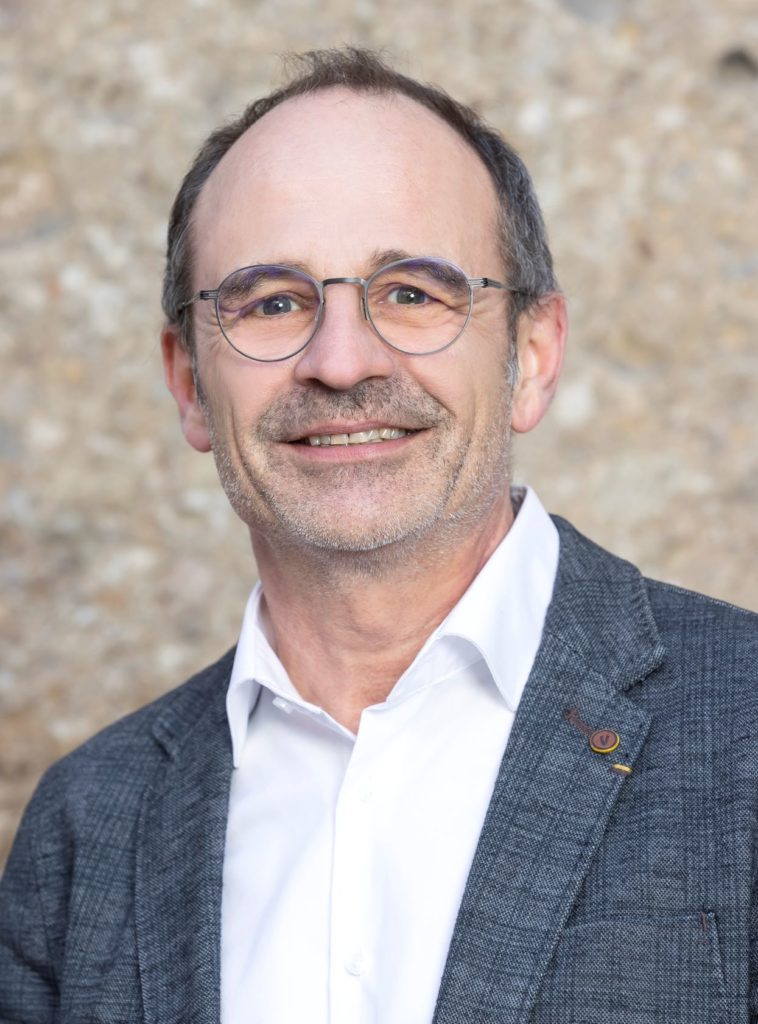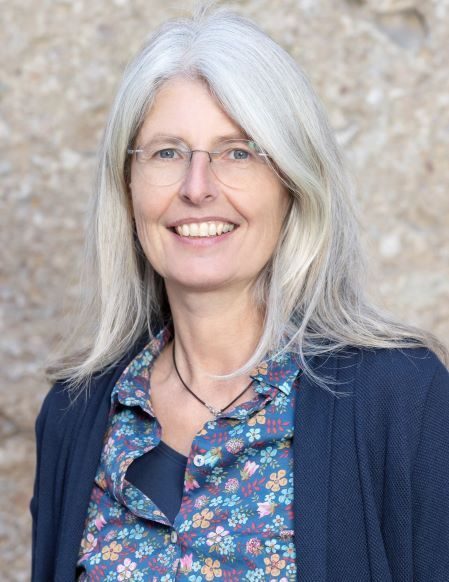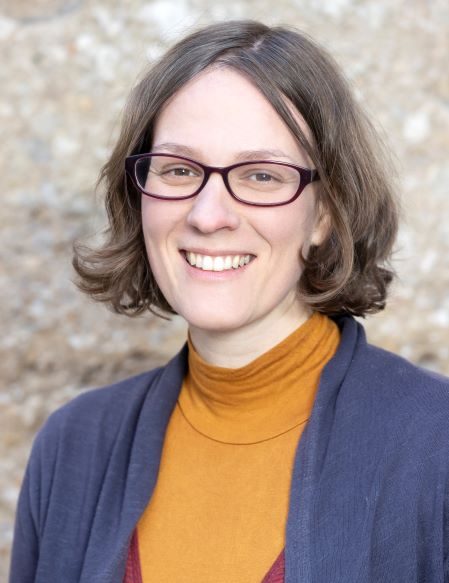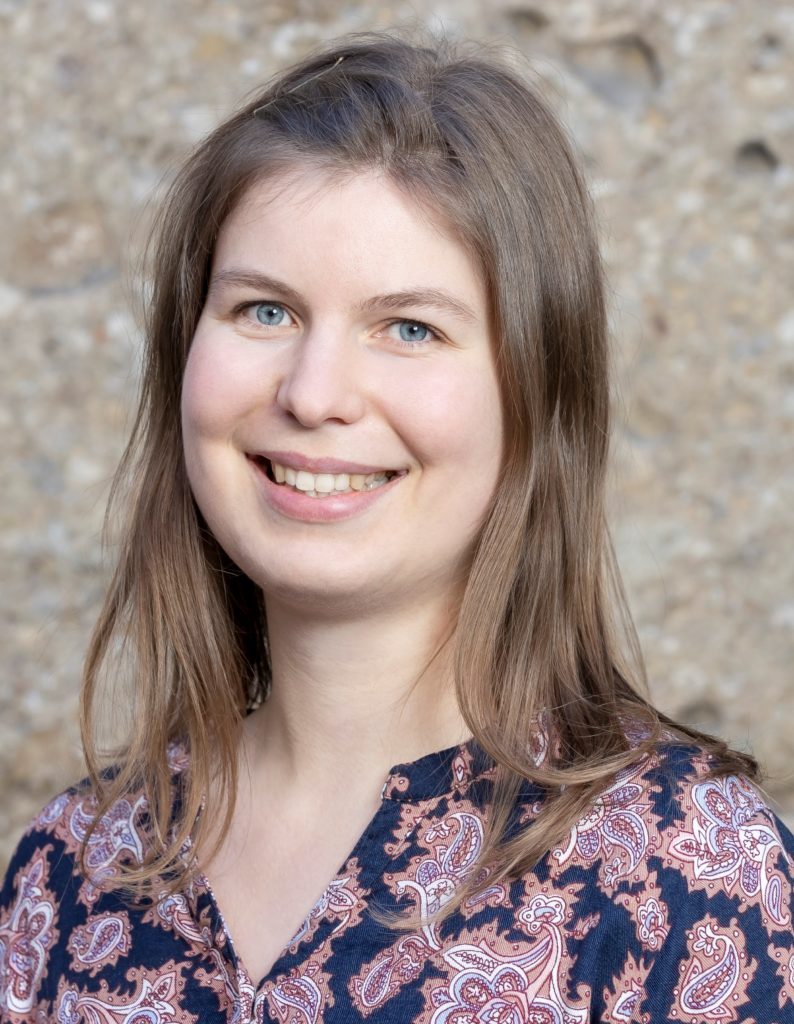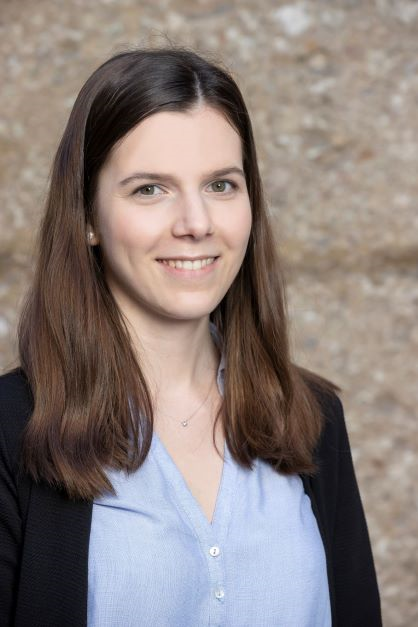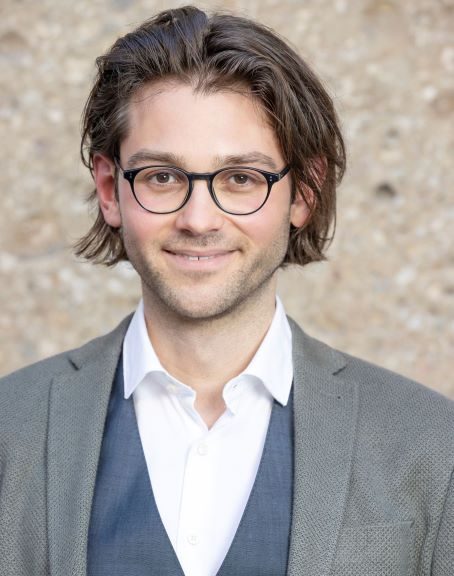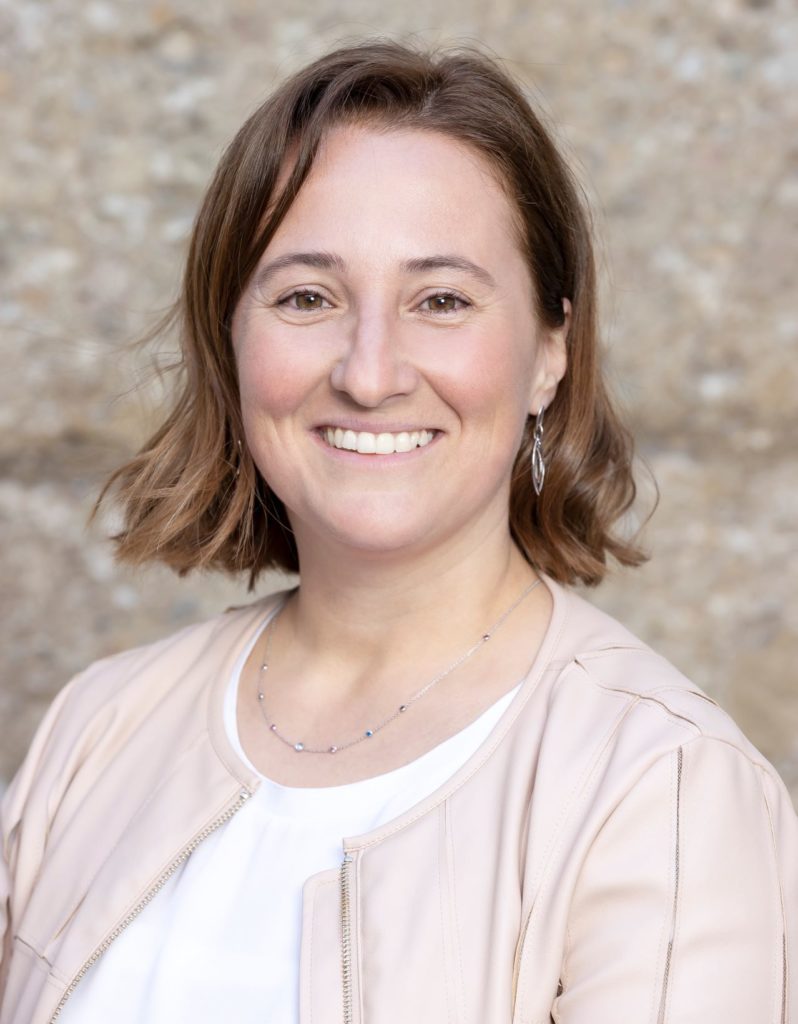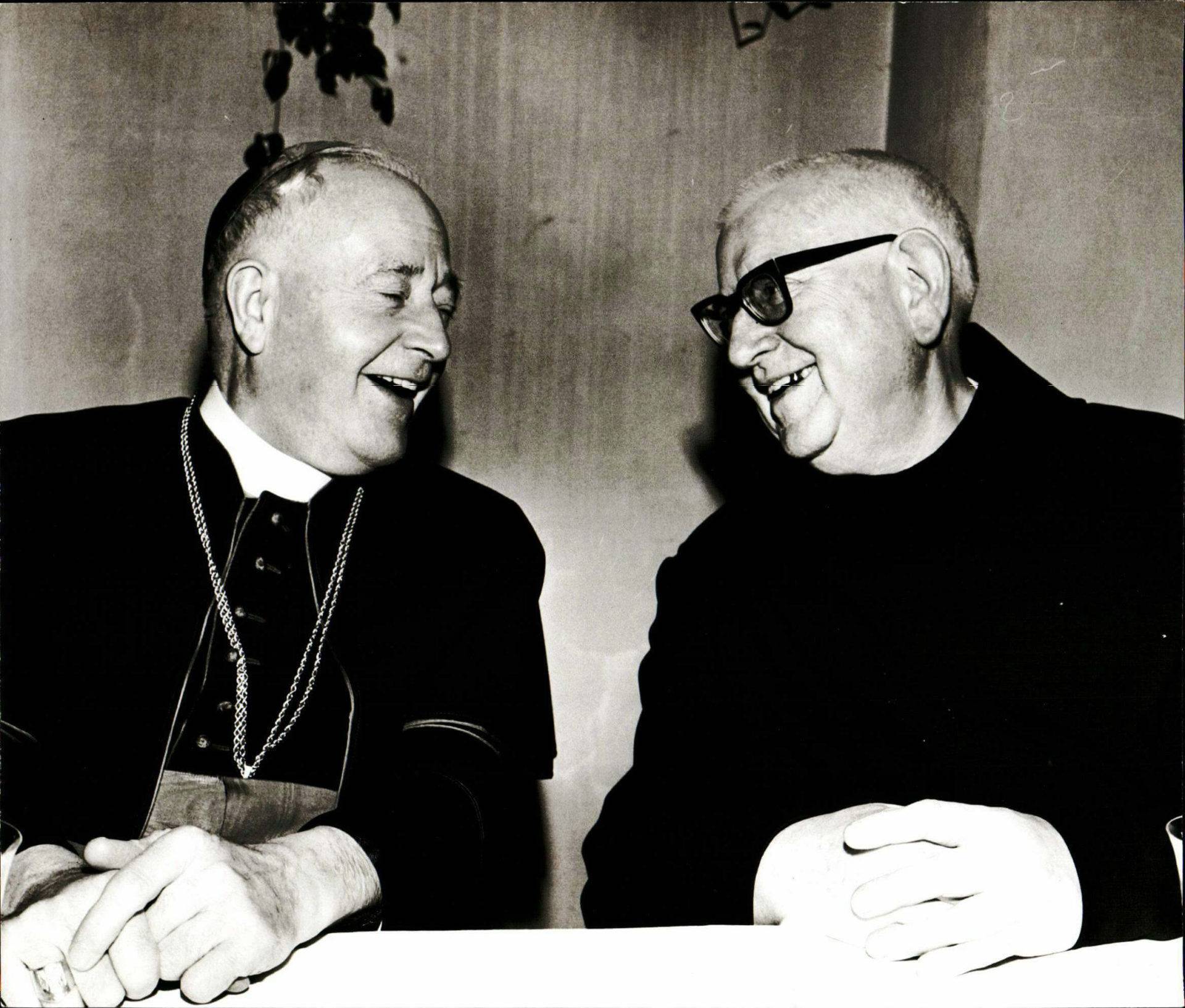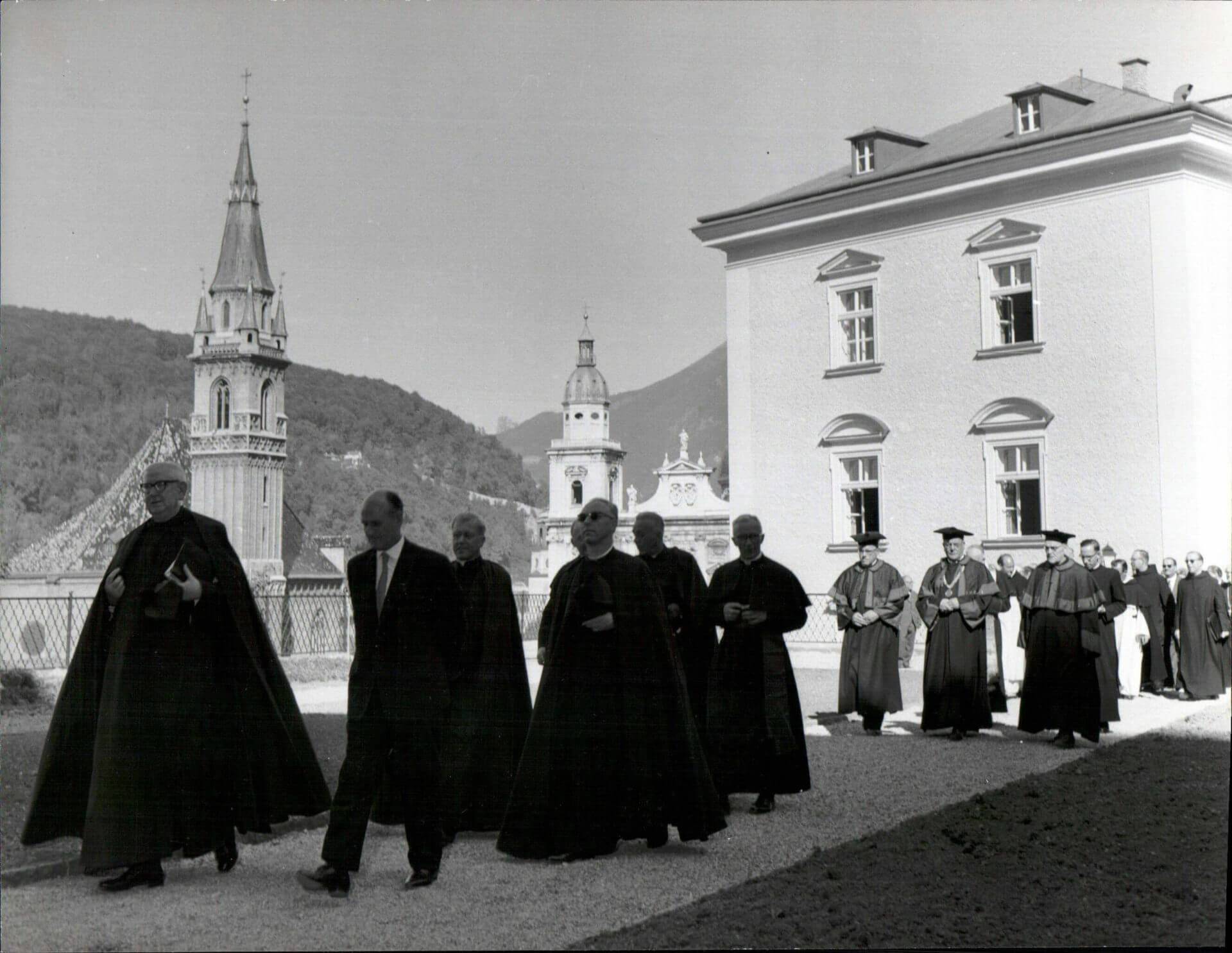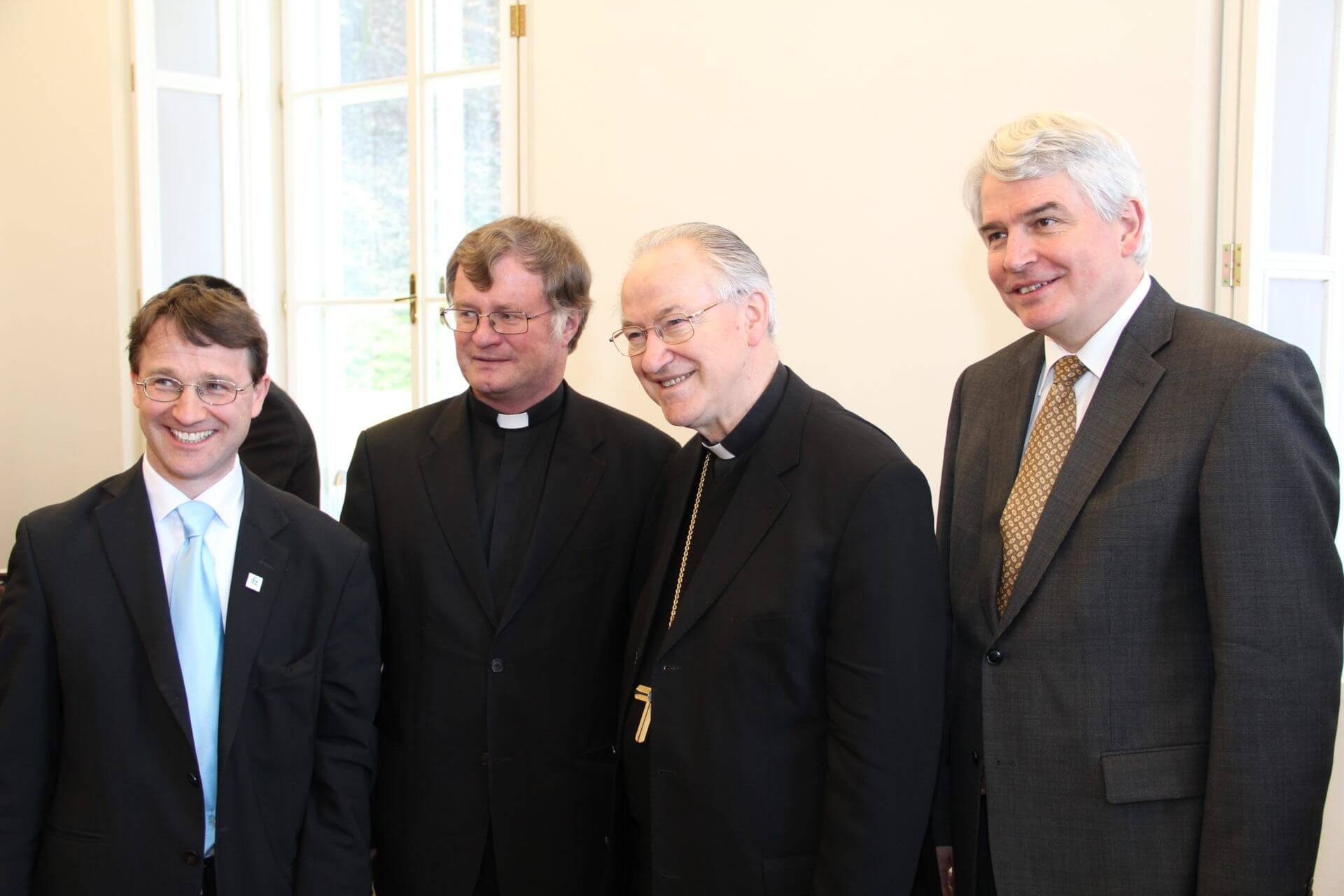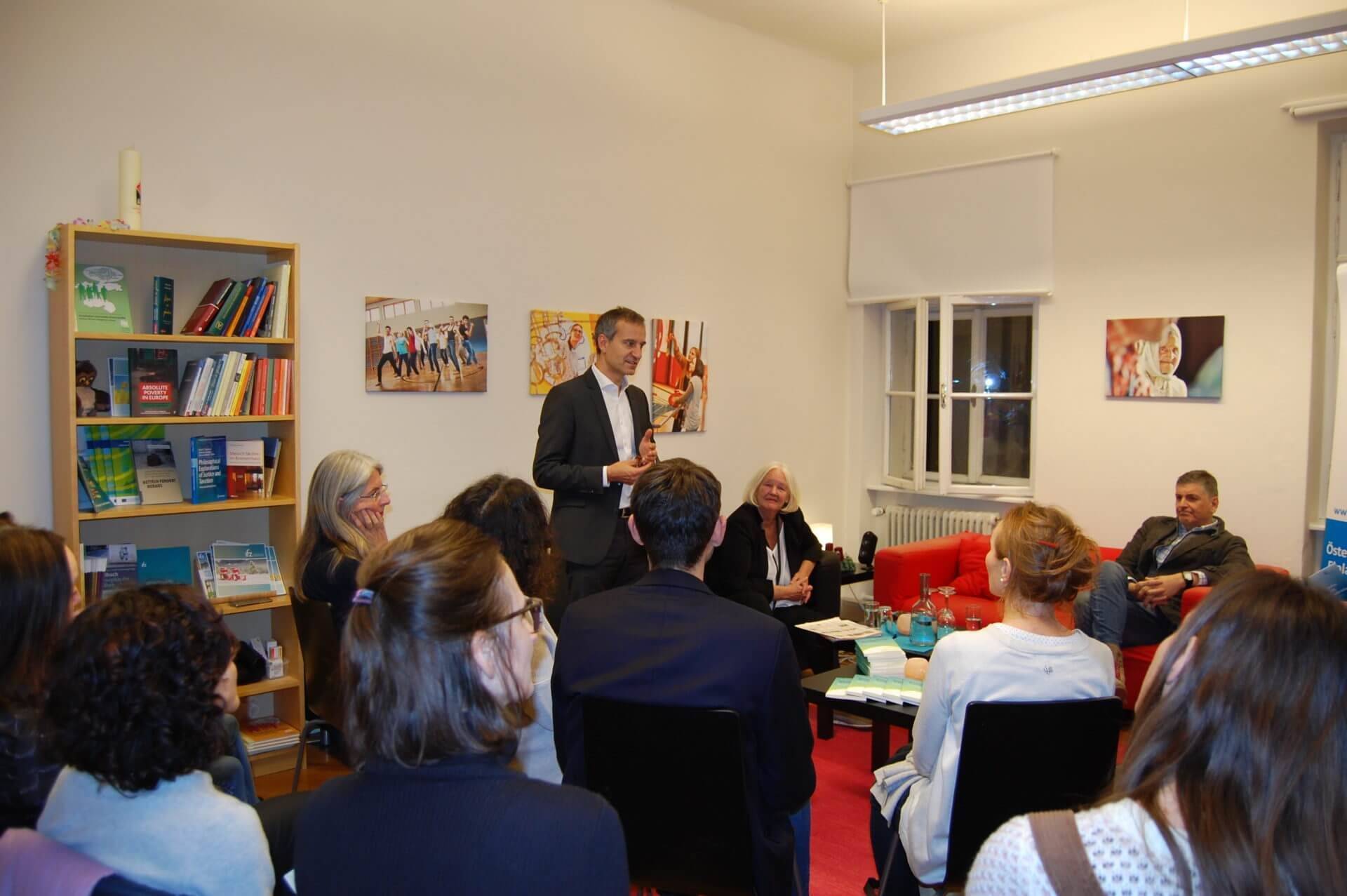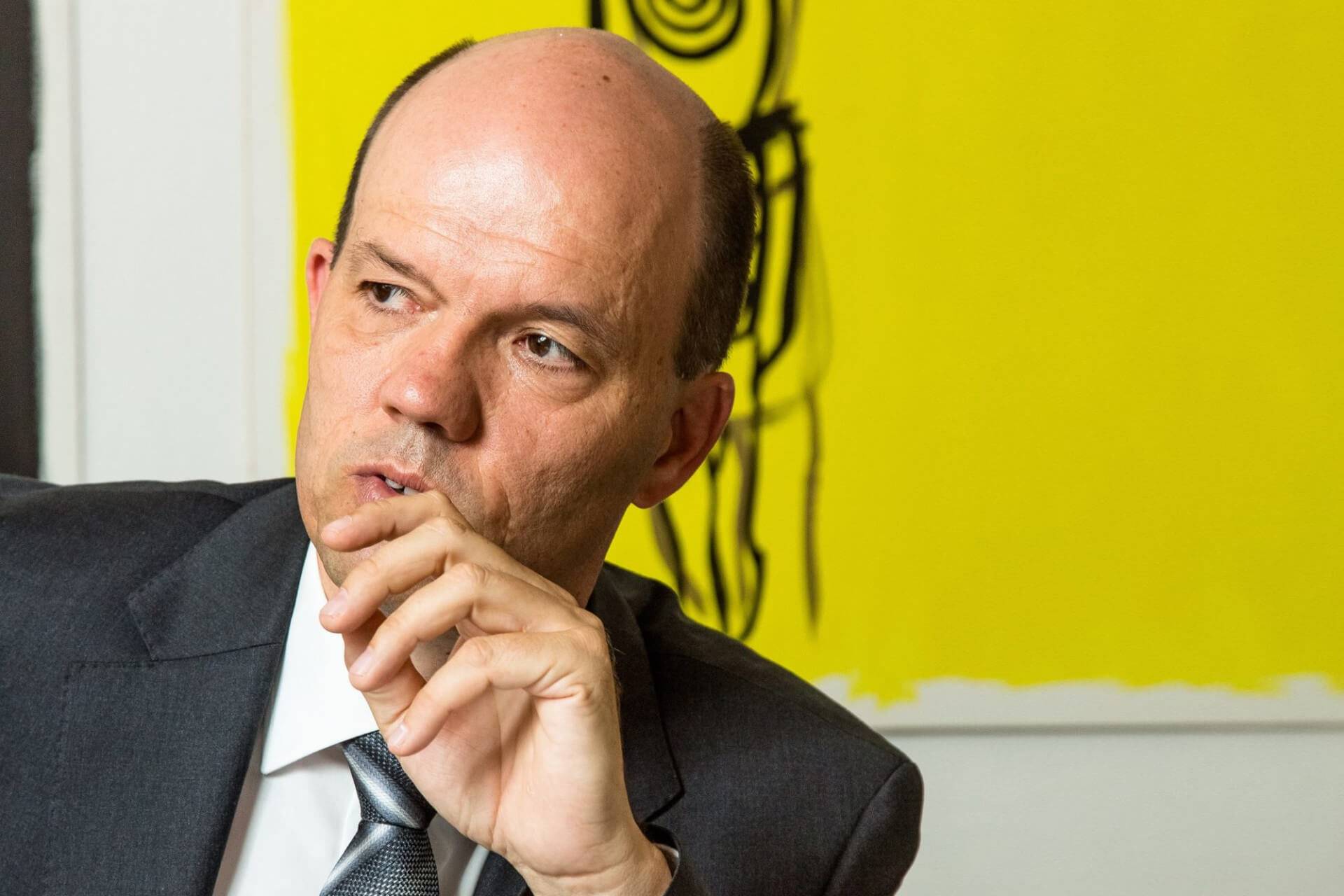About Us
We are conducting interdisciplinary, applied social research to provide impulses for a good society. We understand our work as “research for people” and approach it as such: guided by social ethics and focused on solving problems. We provide a platform that encourages discussions among researchers and practitioners.
The ifz is a nonprofit institution of the Archdiocese of Salzburg. It is funded by both the City of Salzburg and the State of Salzburg, the Catholic Association for University Affairs (Katholisches Hochschulwerk), and the funding association ‘Friends of the IFZ Munich’ (Verein der Freunde des IFZ e.V. München). We are working in close cooperation with the University of Salzburg and the Salzburg Ethics Initiative.
Our Guiding Principles
Encounters
The ifz is building bridges between academics and practitioners. We bring together people of various backgrounds, working along a wide range of approaches to exchange ideas and explore notions of what constitutes a satisfactory life and a good society. Together we explore socio-ethical questions and solutions.
Quality
Applied empirical social research, covering a broad methodological range. Situated in philosophical thought and embedded in larger questions about a satisfactory life and a good society. Our study results and research findings provide concrete advice for assistance and thus have an immediate social impact.
Curiosity
We want to open new research fields and create awareness for the pressing questions of our time and the needs of people. To do so, we are committed to an academic culture of cooperation and to interdisciplinary research.
Tradition
The ifz was established as a platform that allowed for encounters between the church and academia. This history remains at the center of our mission. The ifz feels committed to the Christian tradition and is obliged to Christian values.
Respect
Human dignity and solidarity are at the center of our research. Through our work, we contribute to the possibility of creating a sustainable and responsible future for the coming generations.
Our work is supported and promoted by the Association of Friends of the IFZ e.V., the Province of Salzburg and the Archdiocese of Salzburg. Thank you very much!

